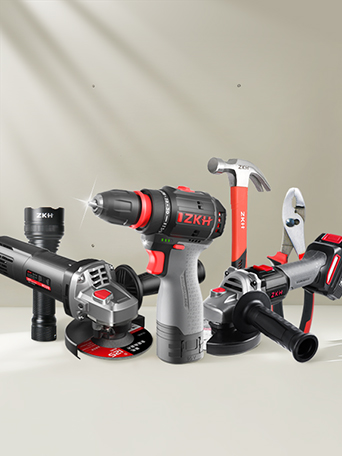- Ultimate Guide to Buying Your First Table Saw - June 4, 2025
- The Best Tool Brands – Are You Using the Right One? - May 30, 2025
- How to Build a Fire Pit in Just One Day - May 25, 2025
Choosing between corded and cordless tools can feel like picking between two equally tempting desserts. Both have their unique flavors and appeal, but ultimately, one may suit your taste better. Whether you’re a professional contractor or a weekend DIY enthusiast, understanding the nuances of these tools can make your decision a lot easier. Let’s dive into the world of power tools and explore their differences to help you make an informed choice.
Power and Performance
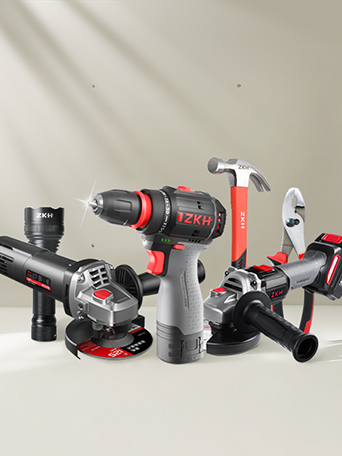
The first thing to consider when choosing between corded and cordless tools is power. Corded tools are like the heavyweight champions of the tool world. They draw energy directly from an outlet, providing consistent and robust performance. This makes them a favorite among professionals for tasks that require sustained power, like cutting through dense materials or heavy-duty drilling. A survey by the Home Improvement Research Institute reveals that 70% of professionals lean towards corded tools for their unwavering reliability.
Cordless tools, however, have come a long way. Thanks to advancements in lithium-ion battery technology, these tools have gained significant power. They’re perfect for lighter tasks around the house, like assembling furniture or installing shelves. But remember, their power is limited by battery life. So, if you’re planning a long day of work, having spare batteries on hand is wise.
Portability and Convenience
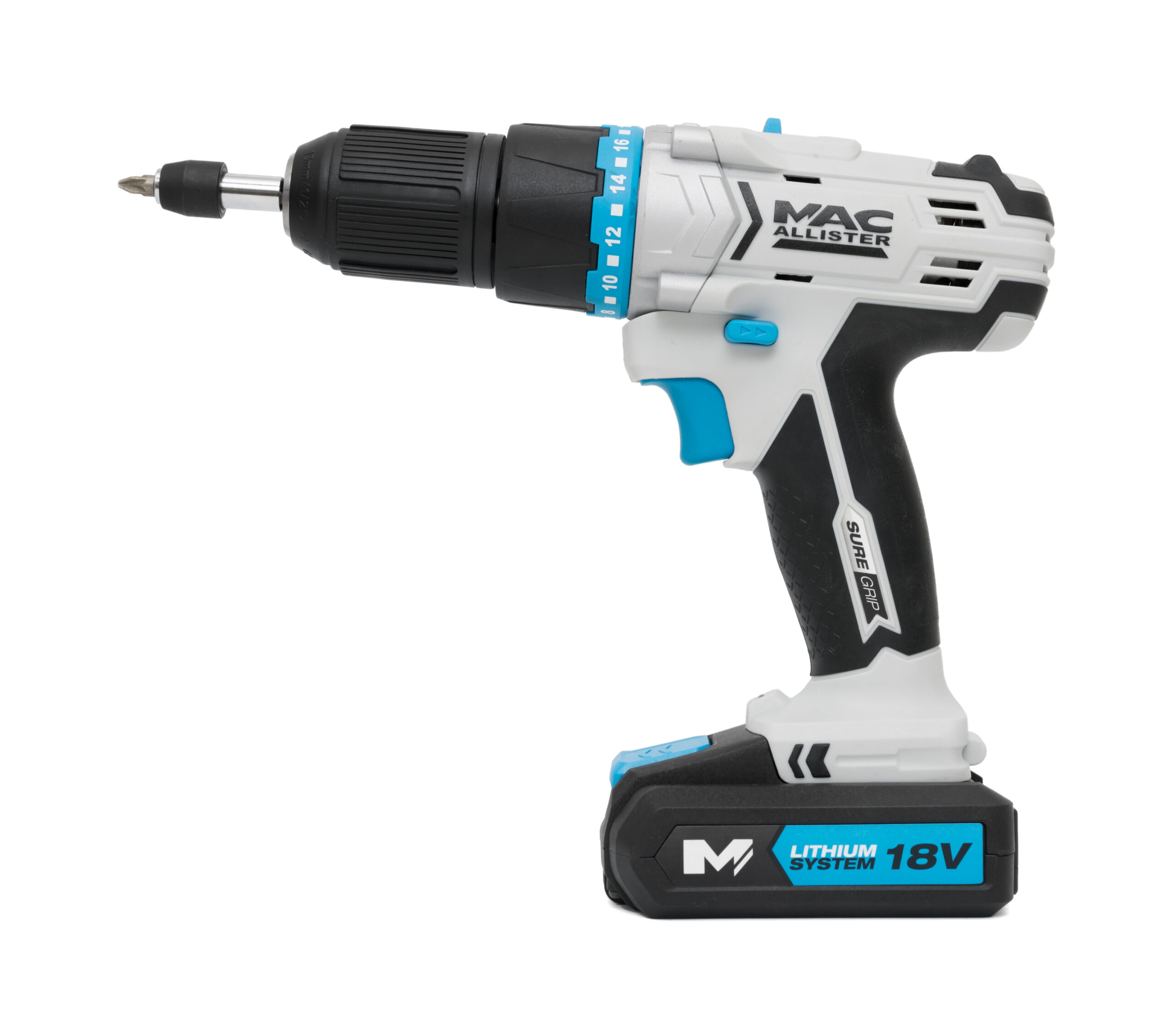
Imagine working on a project and not having to worry about tripping over cords. That’s the beauty of cordless tools. Their portability is unmatched, allowing you to work freely without being tethered to an outlet. This makes them ideal for outdoor projects or places where electricity isn’t readily available. According to the National Association of Home Builders, a whopping 65% of DIY enthusiasts prefer cordless tools for their mobility.
Corded tools, on the flip side, can be a bit cumbersome. The need for a nearby power source and the presence of cords can restrict movement, making them less suitable for tasks that require frequent repositioning. However, if you’re working in a stationary setting, like a workshop, corded tools can be just as convenient.
Battery Life and Charging Time
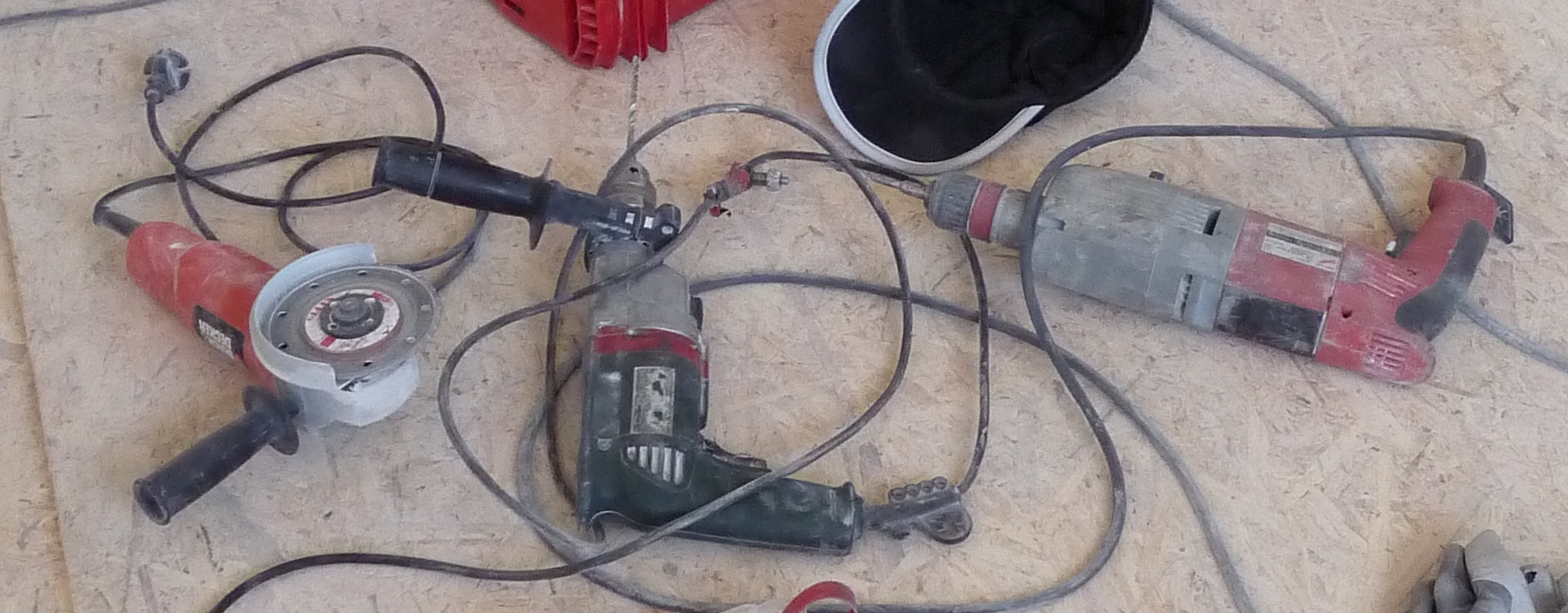
For cordless tools, battery life is the Achilles’ heel. Most modern cordless tools use lithium-ion batteries, which offer longer run times and quicker charging compared to older models. A high-quality battery can give you up to three hours of continuous use. However, heavy tasks can drain batteries faster, so having a backup is always a good idea.
Corded tools don’t face this limitation. As long as they’re plugged in, they can run indefinitely. This makes them a better choice for extended projects. A report by the Electric Tool Institute highlights that 80% of professionals prefer corded tools for tasks requiring prolonged use without interruptions.
Cost Considerations
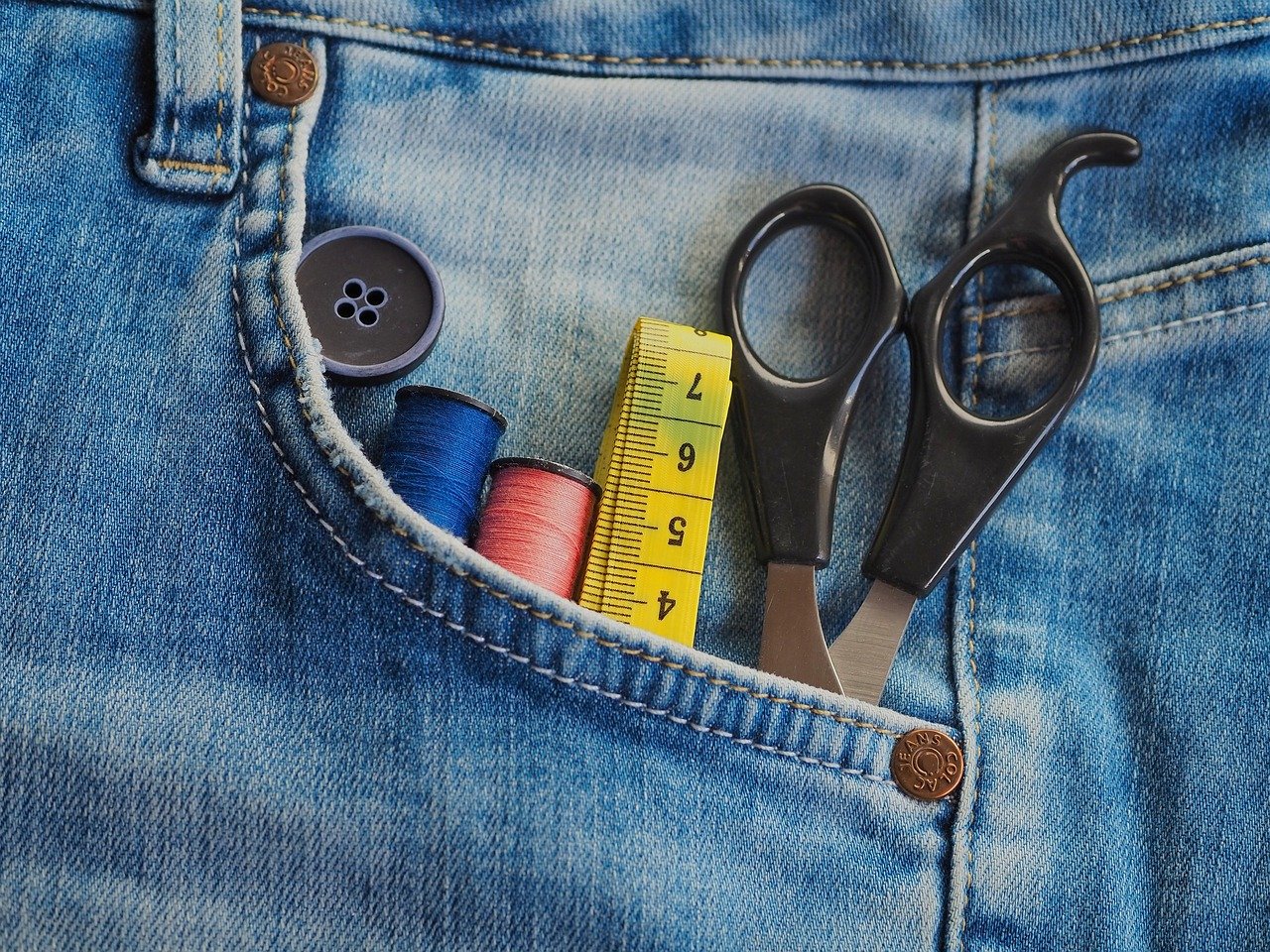
When it comes to cost, corded tools generally have the upper hand. They’re often less expensive because they don’t require additional components like batteries and chargers. For instance, a basic corded drill might set you back $50, while a cordless version could range from $80 to $150.
However, consider the long-term costs. Cordless tools may need battery replacements over time, which can add to the overall expense. Consumer Reports suggests factoring in these potential costs when budgeting for cordless tools.
Maintenance and Durability
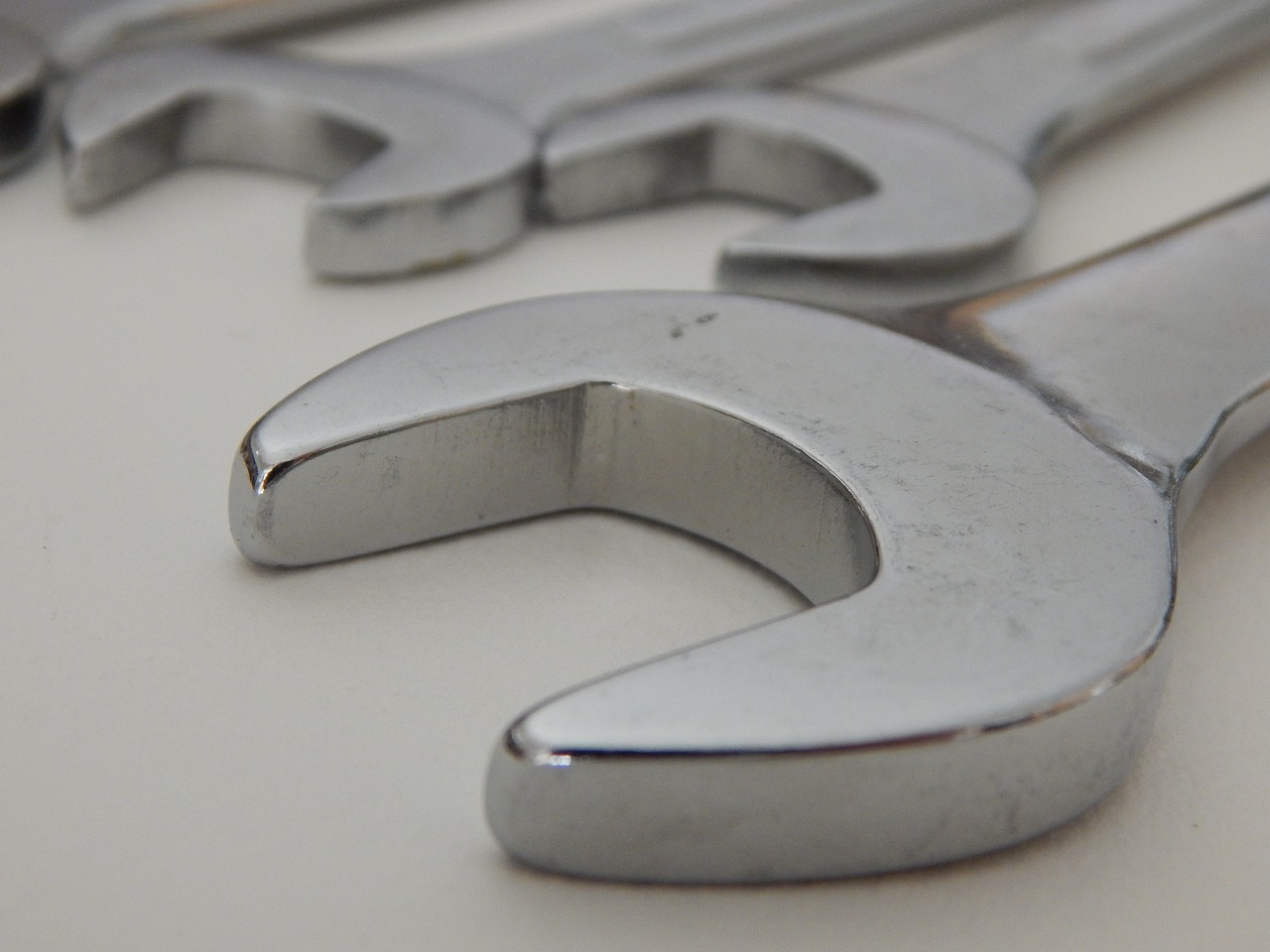
Corded tools are typically more straightforward when it comes to maintenance. With fewer moving parts and no batteries to worry about, they tend to last longer with minimal upkeep. Just ensure cords are in good condition, and you’re good to go.
Cordless tools require a bit more care, especially regarding battery maintenance. Following manufacturer guidelines on charging and storage can extend battery life. The Tool and Equipment Rental Association found that proper maintenance could prolong the life of cordless tools by up to 30%.
Noise Levels
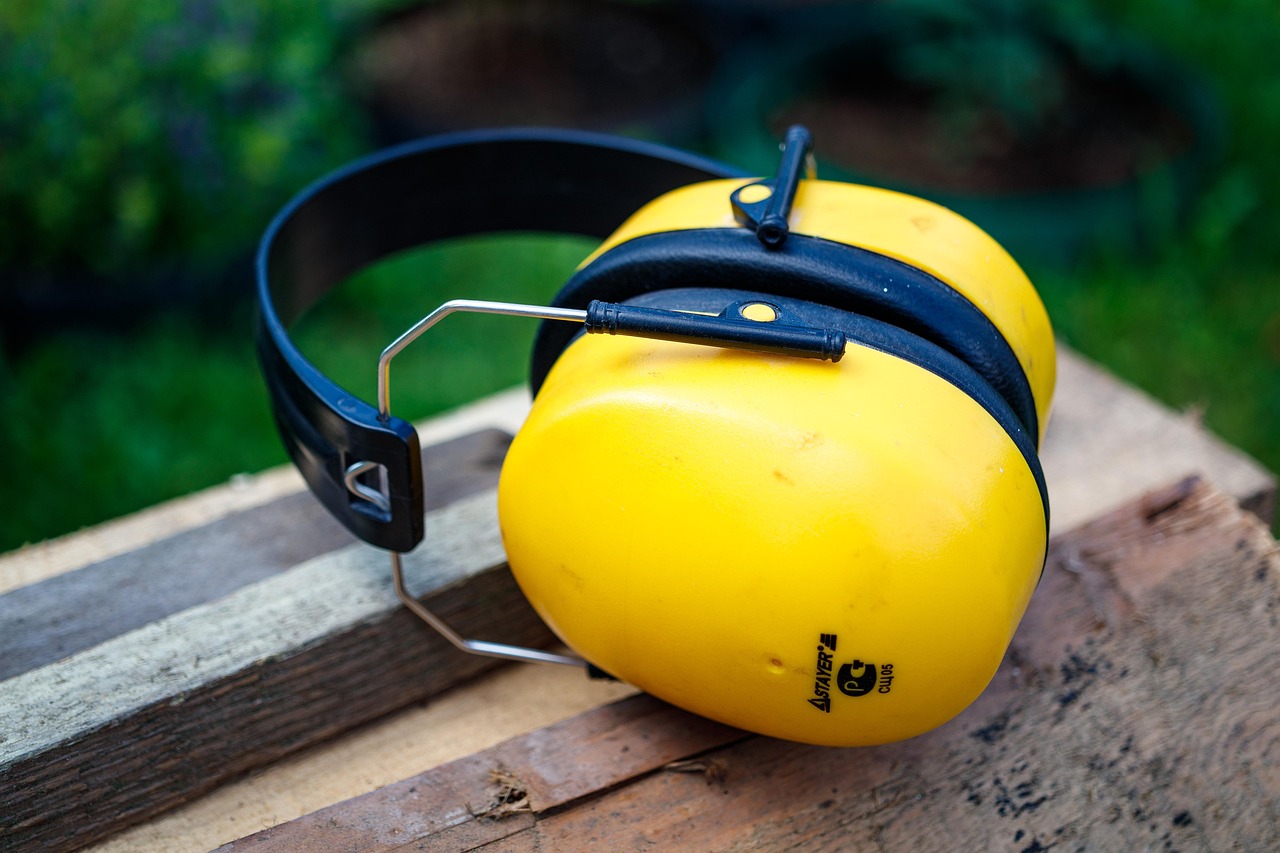
Noise can be a deciding factor, especially if you’re working in residential areas. Corded tools, with their powerful motors, tend to be louder. This can be problematic if you’re operating in environments with noise restrictions. The Occupational Safety and Health Administration (OSHA) warns that prolonged exposure to loud noise can result in hearing loss, making hearing protection essential when using corded tools.
Cordless tools, while not silent, generally operate at lower noise levels. This makes them more suitable for indoor use or areas where noise is a concern. Always consider your environment and potential noise impact when choosing between the two.
Versatility and Range of Tools
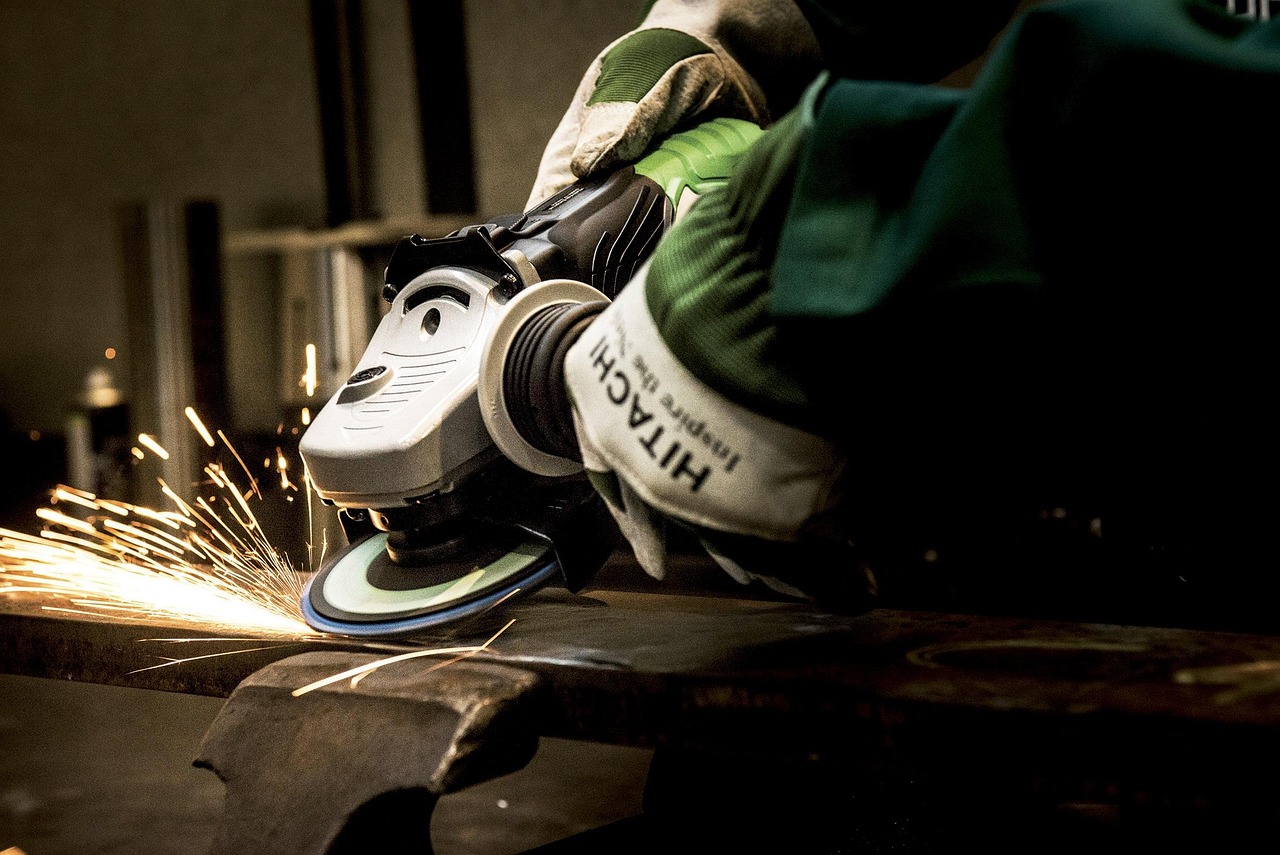
Both corded and cordless tools offer a wide array of options. Corded tools are often available in more powerful versions, making them suitable for heavy-duty tasks. From drills to saws, there’s a corded version for almost every need.
Cordless tools have expanded significantly, with manufacturers offering a growing selection. Whether it’s drills, impact wrenches, or sanders, the versatility of cordless tools allows users to tackle various projects without being tied to a power source.
Environmental Considerations

In today’s world, being environmentally conscious is more important than ever. Cordless tools, with their reliance on batteries, can have a more significant environmental impact due to battery disposal. It’s essential to recycle batteries properly to minimize their ecological footprint.
Corded tools, while not entirely eco-friendly, don’t contribute to battery waste. However, they do consume electricity, which has its environmental implications. Weighing these factors can help you make a more sustainable choice.
Suitability for Beginners
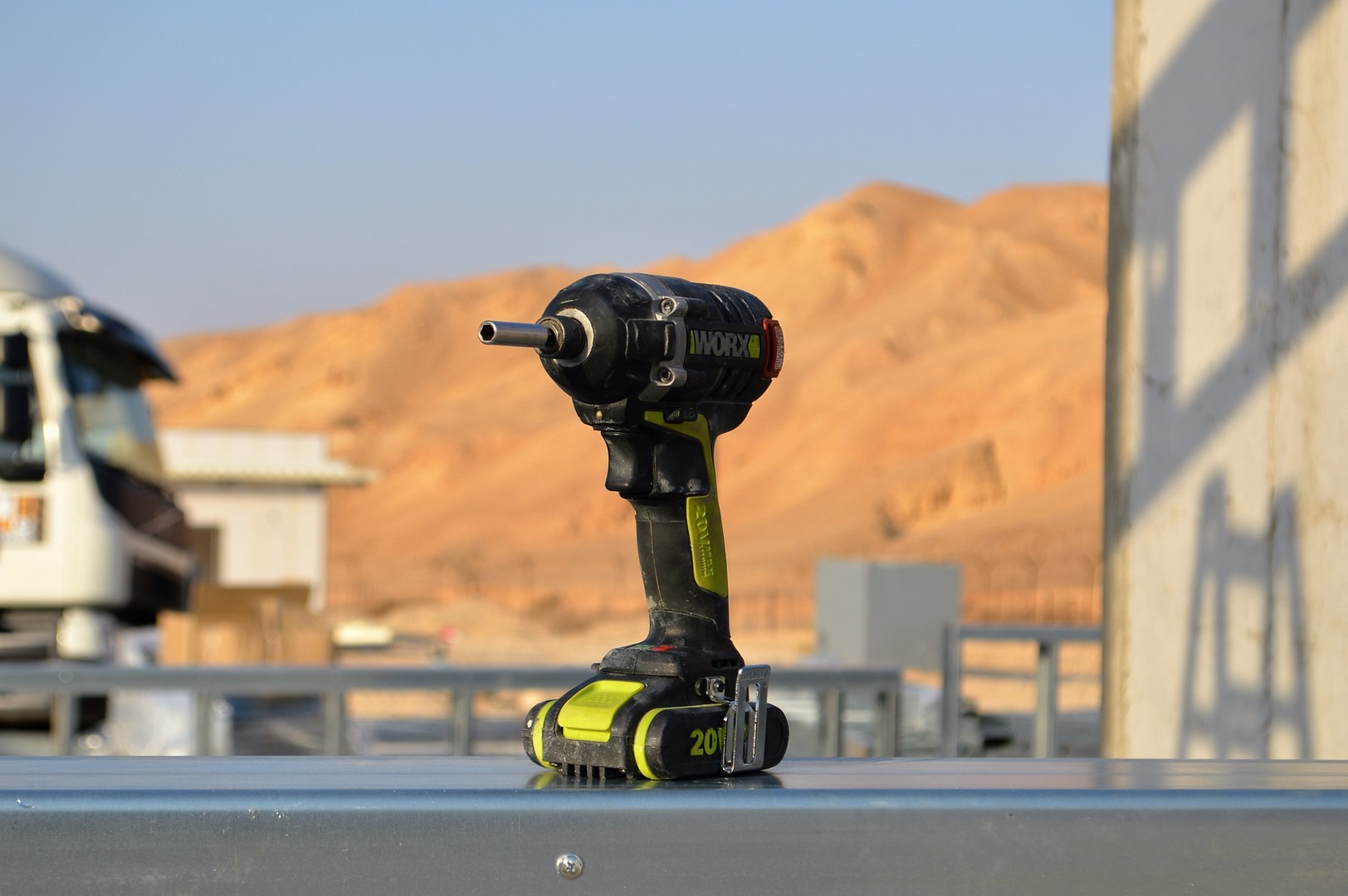
For those new to the world of power tools, cordless options can be less intimidating. Their lightweight design and ease of use make them more accessible for beginners. Plus, the absence of cords reduces the risk of accidents.
Corded tools, with their power and complexity, might be better suited for those with more experience. However, with proper guidance and safety precautions, beginners can also benefit from their robust performance.
Conclusion

Deciding between corded and cordless tools is more than just a matter of preference; it’s about understanding your needs and the task at hand. If power and performance are your top priorities, corded tools might be the way to go. But if mobility and convenience are what you seek, cordless tools offer unparalleled freedom. By considering factors like battery life, cost, maintenance, and noise levels, you can make a choice that suits your projects and lifestyle.

